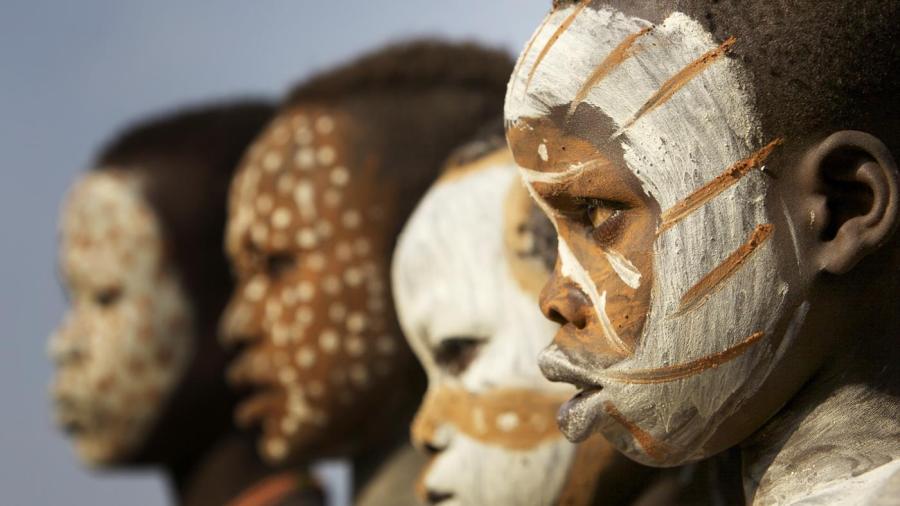What Is the Meaning of Cultural Background?

Cultural background constitutes the ethnic, religious, racial, gender, linguistic or other socioeconomic factors and values that shape an individual’s upbringing. A cultural background can be shaped at the family, societal or organizational level. Examples of different cultural groups include Vietnamese, English, African American and Irish Catholic. Cultural background is an important way to define an individual’s identity.
People of different cultural backgrounds often have to interact with each other. These interactions may lead to strong relationships that help build diverse communities capable of achieving substantial goals. For instance, it may be necessary to work effectively with people from divergent races or with those who speak a different language to promote economic development and health care within a community or secure a good education for children.
While it is important to learn about the cultures of other people to succeed in working together, one must first understand his own culture before he can appreciate any other. This understanding starts with recognition of the values, customs and world views passed down from grandparents or parents or those acquired from personal experiences while growing up in a given society. One can learn about culture by meeting people of other cultures, evaluating any biases towards other cultures, asking questions and reading.





